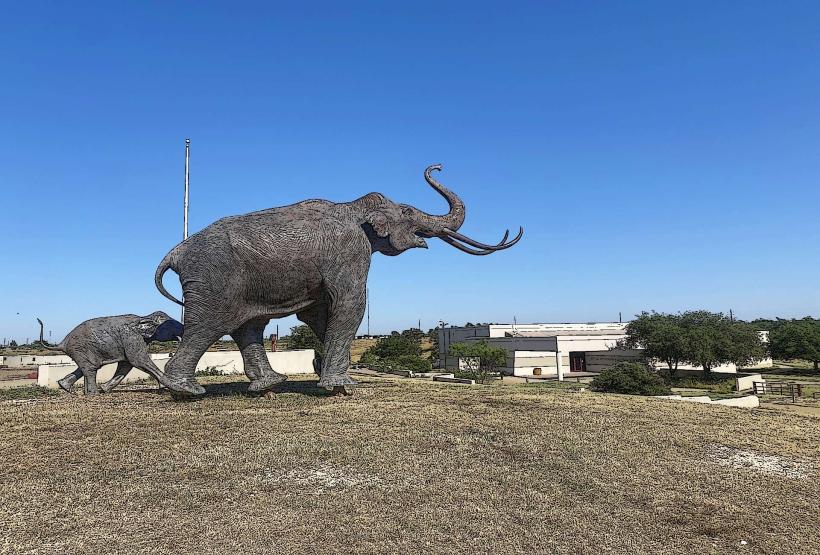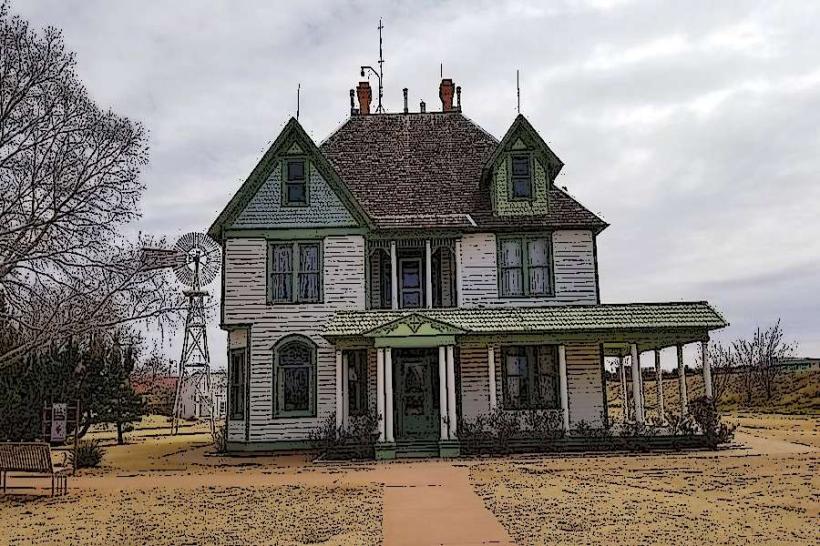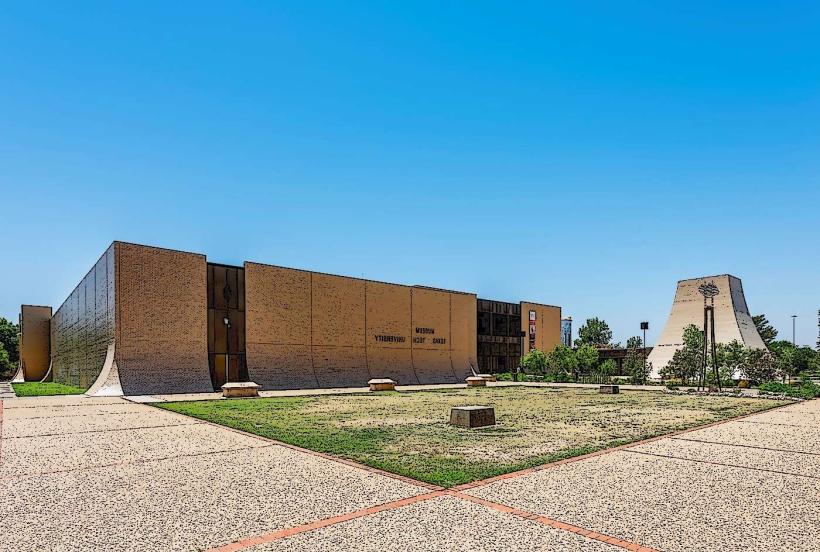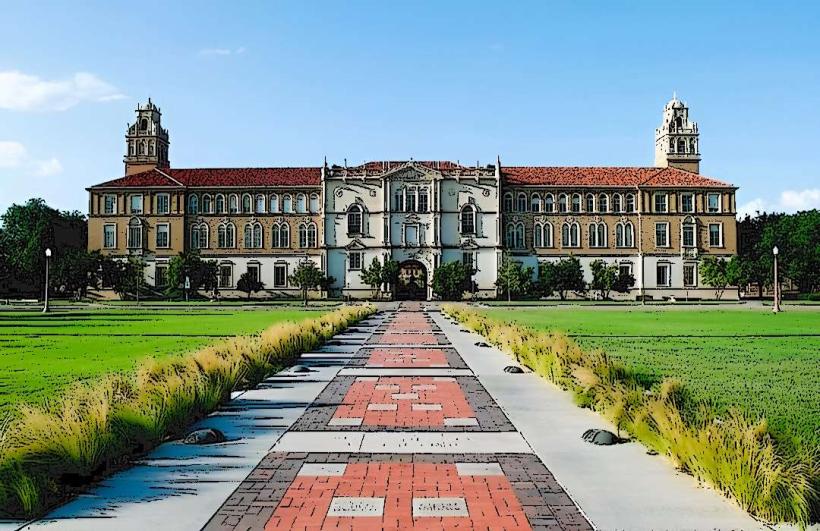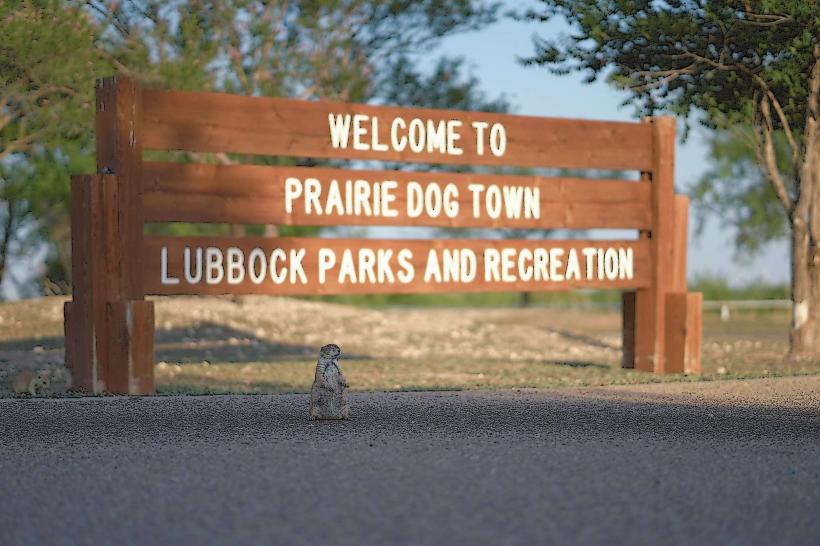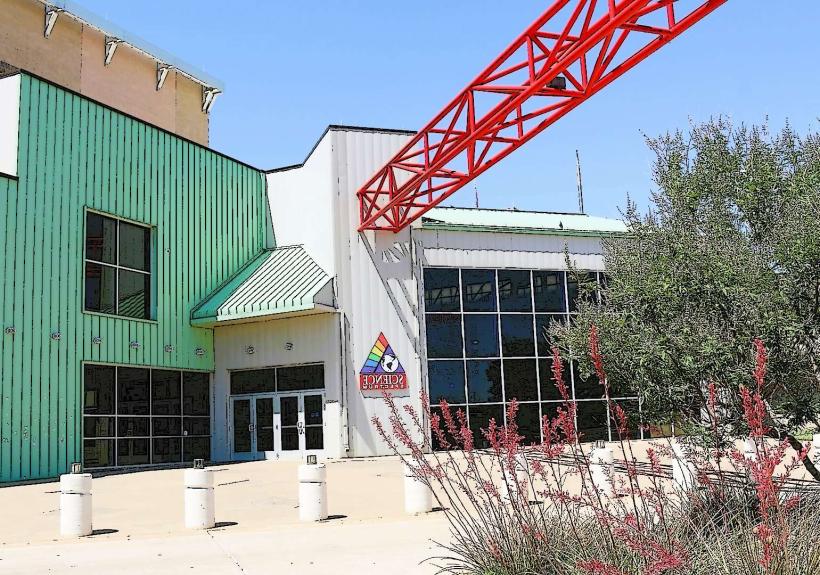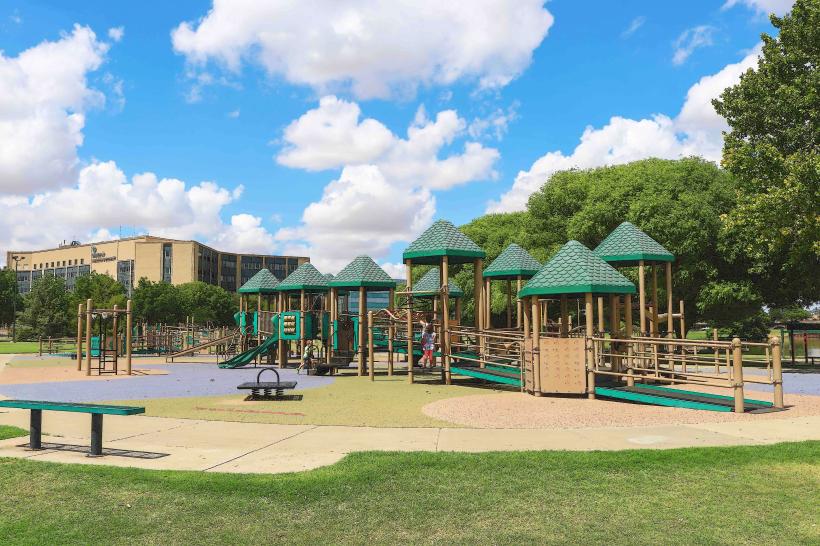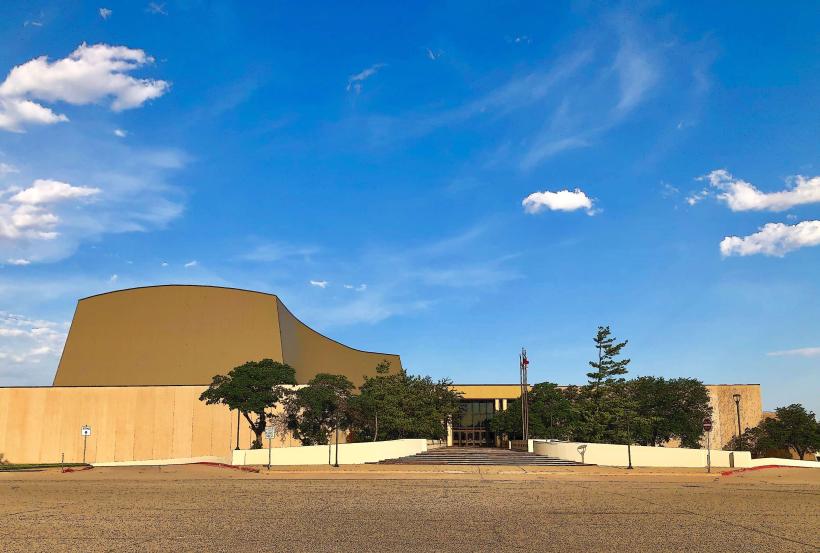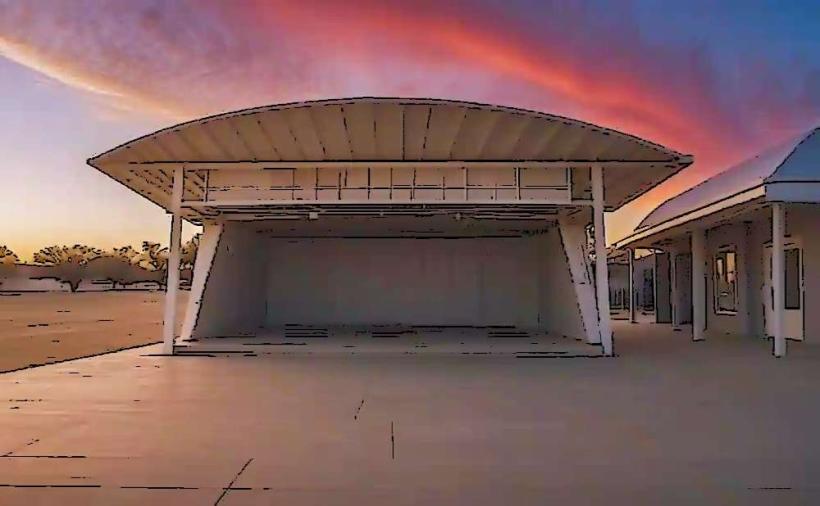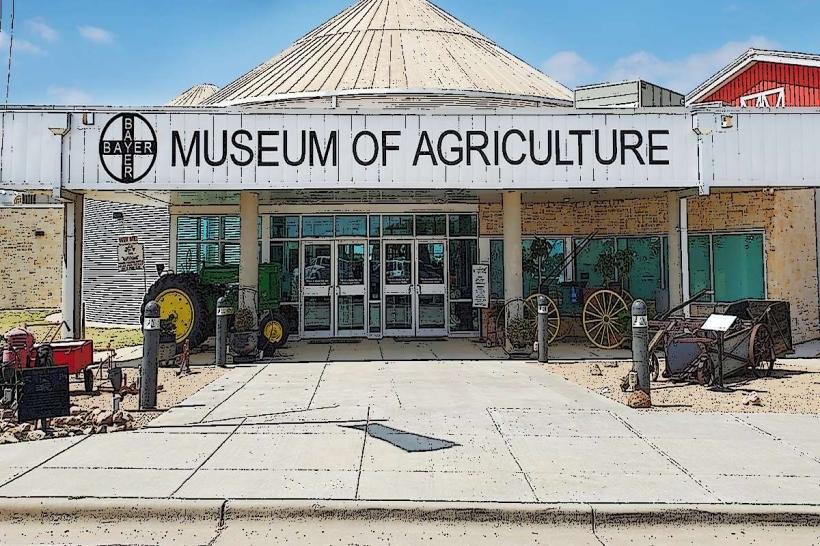Information
Landmark: Silent Wings MuseumCity: Lubbock
Country: USA Texas
Continent: North America
Silent Wings Museum, Lubbock, USA Texas, North America
The Silent Wings Museum in Lubbock, Texas, is a specialized museum dedicated to the history and legacy of U.S. military gliders during World War II. It honors the pilots who flew these gliders, the unique training they underwent, and the significant role these gliders played in the Allied war effort. The museum is housed on the former site of South Plains Army Air Field, which served as a key training facility for glider pilots during the war.
Location and Contact Information
Address: 6202 North I-27, Lubbock, TX 79403
Phone: (806) 775-3049
Hours of Operation
Tuesday to Saturday: 10:00 AM – 5:00 PM
Sunday: 1:00 PM – 5:00 PM
Closed on Mondays
Admission Fees
Adults: $10
Seniors (60+): $8
Children (7–17): $5
Children (6 and under): Free
Students (with ID): $5
Active Military: Free
Note: Admission includes a discount to the nearby Buddy Holly Center.
Exhibits and Attractions
WACO CG-4A Glider
One of the standout exhibits at the museum is the fully restored WACO CG-4A glider, the primary glider used by the U.S. military during WWII. The glider was used for troop and equipment transport during airborne operations, and this exhibit provides an up-close look at its design, construction, and operational history.
C-47 Skytrain
In front of the museum, visitors will find a restored C-47 Skytrain, which was used to tow the gliders during missions. This aircraft played a crucial role in many airborne operations during the war, including the D-Day invasion.
Combat Galleries
The museum houses several combat galleries that detail the training of U.S. glider pilots and their contributions to significant airborne operations, such as the invasion of Normandy, Operation Market Garden, and the assault on the Rhine River.
Timeline Gallery
This gallery presents a chronological history of the WWII glider program. It explains how the glider program evolved from its inception to its deployment during major combat operations, providing insights into the training and challenges faced by glider pilots.
Adams Research Library
The Adams Research Library is an important feature of the museum. It contains an extensive collection of historical materials on the glider program, including documents, photographs, and other artifacts. Researchers and historians can access the library to learn more about the glider program and the experiences of those involved.
15-Minute Film
The museum offers a 15-minute documentary film titled Silent Wings: The Story of the World War II Glider Program. This film is shown in the museum’s theater and provides an overview of the glider program, detailing the courage and significance of glider pilots during the war.
Educational Programs and Special Events
Guided Tours
The museum offers guided tours by request. These tours provide in-depth information about the exhibits and the history of the glider program, as well as personal stories from glider pilots who served during WWII.
Research Appointments
For those interested in more detailed research, appointments can be scheduled with the museum’s curator. The museum’s resources, including the Adams Research Library, are available for research purposes on topics related to WWII gliders and the airborne forces.
Special Events
The museum hosts various events throughout the year. One such event is "Connecting with Maps", which explores WWII history through maps and geography. The museum also holds occasional talks, exhibitions, and presentations that focus on the history of the glider program and aviation in general.
Historical Significance
The South Plains Army Air Field, the site where the Silent Wings Museum stands, was one of the most important glider pilot training facilities during WWII. It trained thousands of pilots who participated in major airborne operations. The museum plays a critical role in preserving the history of glider aviation and the brave pilots who flew them, many of whom played a vital part in the success of key military campaigns, including the Normandy invasion on D-Day.
The Silent Wings Museum is not just a tribute to the glider program but also a place where the legacy of these unsung heroes is kept alive. It offers a chance for visitors to learn about an often-overlooked part of WWII history and the pioneering efforts of glider pilots in combat.

